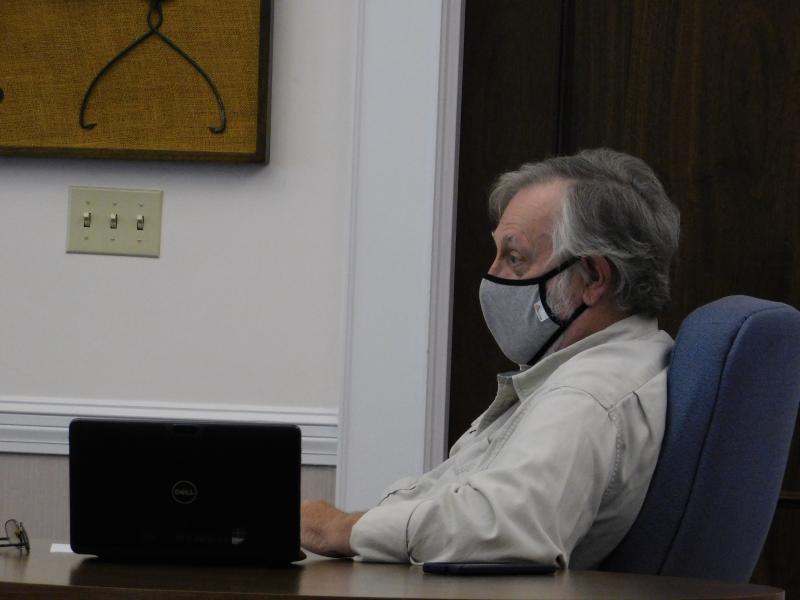Keeping Rte. 28 transfer station open could pose challenges
The Carver Marion Wareham Waste District Committee met Monday morning with the goal of hashing out the details of how Carver and Wareham could run the Rte. 28 transfer station in Rochester.
However, keeping the transfer station open is a more complicated task than one might think.
The Waste District was formed by Carver, Marion and Wareham in 1975 to allow the three towns to negotiate jointly with Covanta SEMASS, a waste-to-energy company in Rochester so they could dispose of their trash for free in exchange for allowing Covanta to dispose of ash and trash for free in the Carver landfill.
The district’s contract with Covanta will expire on Dec. 31, 2020, so the committee needs to decide the future of the waste district and do so in time for it to be approved by voters at town meetings.
The committee itself voted to close the transfer station at the end of this year -- a vote that has yet to be overridden.
And the district hasn’t signed a contract with SEMASS to secure a price for waste disposal, even though one was drawn up at the end of last year.
Because the Benson Brook Transfer Station in Marion will revert to Marion and be open only to that town’s residents, the traffic and waste disposal volume at Rte. 28 will likely increase by about 40 percent.
There are already capacity issues at Rte. 28, especially in the summer, when traffic builds up on Rte. 28, causing traffic jams.
The transfer station only has three compactors currently, but could get a fourth. Each has to be emptied at least once a day.
Right now, since the facility is run by SEMASS, crews can skip the line when they go to empty the containers. When the district runs the transfer station, crews will have to wait in line -- turning a 20-minute round trip into one that could take up to two hours, depending on what the line is like.
The district will have to hire new employees to run the transfer station.
And the district will need the towns to sell stickers, hopefully starting no later than December 1.
The committee members discussed implementing a pay-as-you-throw system, perhaps with punch cards, to cover the cost of the actual disposal of waste, while the stickers would cover the cost of running the facility.
The sticker would likely cost residents about $125.
The punch card would cost a certain amount, and have a certain number of punches on it -- similar to the loyalty punch cards offered by some coffee shops. Each bag of trash would be worth one punch.
All together, Waste District Director Jeffrey Osuch estimated that the operational and disposal costs of the transfer station would be about $1.2 million each year.
Committee member Joe Benedict of Wareham pointed out the time pressure the committee was under. If there isn’t a solution in place by January 1, he said, the average resident who doesn’t want to hire a private hauler will be using burn barrels or dumping trash on side streets.
While Wareham and Carver solicited proposals for curbside trash pick-up across both towns, it seems increasingly unlikely that that would be able to begin on January 1 due to the logistical challenges for the contractor of ordering barrels, hiring drivers, procuring trucks, and designing routes — and because it is unclear how the towns would pay for the service.














